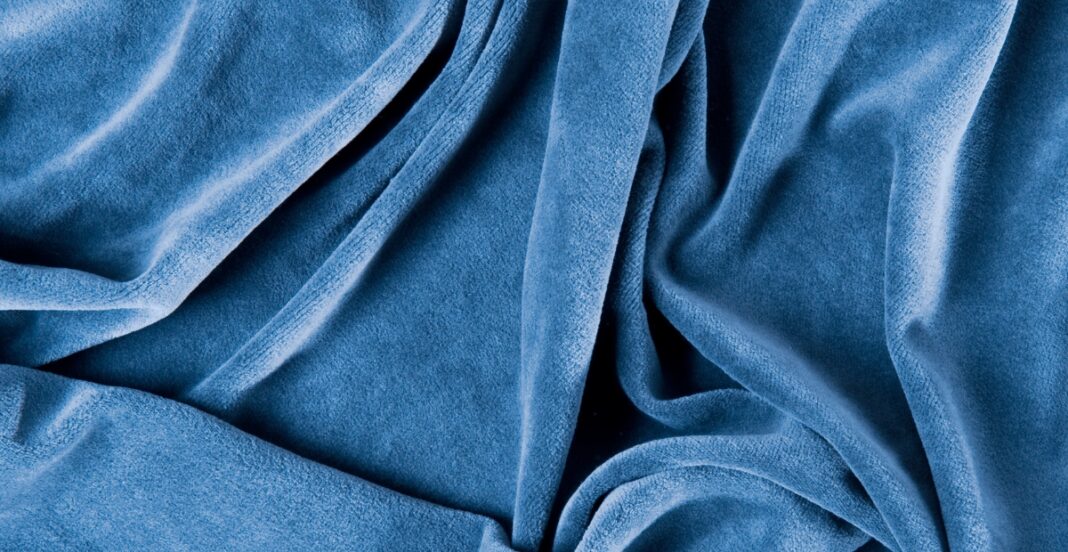Once relegated to stage backdrops and retro jackets, velour now claims center stage in domestic design. It whispers opulence yet wraps you in a reassuring softness. Whether on sleek throw pillows or sweeping window drapes, the fabric quietly upgrades bland corners into refined enclaves. Curious about why velour fabric is enjoying its home-comfort renaissance? Join us as we journey through its luxurious texture and discover the appeal fueling today’s velour craze.
Table of contents
- What Is Velour Fabric, Really?
- Bedroom Bliss: Why Velour Fabric Works Here Too
- Curtains That Command Attention Without Overpowering
- Durability of Velour: Built to Last in Everyday Life
- How Velour Fabric Enhances Color Palettes in the Home
- Why Velour Fabric Appeals to All Design Styles
- Velour vs. Velvet: Sorting Out the Differences
- Easy Maintenance for Everyday Living
- Conclusion
- FAQs
What Is Velour Fabric, Really?
People often misname velour as velvet. True, both feel plush to the fingertips. Yet, the two are not interchangeable. Velour starts as a knitted base while velvet relies on tight Woven Cloth. That yarn structure gives velour a gentle stretch and keeps it from feeling stiff. Because of that elasticity, designers use it in apparel, upholstery, and all kinds of soft furnishings.
The raised loops mimic velvet sheen, but the knit locks dirt less easily. Daily scrapes, pet claws and toddler crayons leave fewer scars. Combine that durability with the cozy look, and it becomes an obvious pick for hectic homes. When families decorate, velour delivers style without the risk of early retirement.
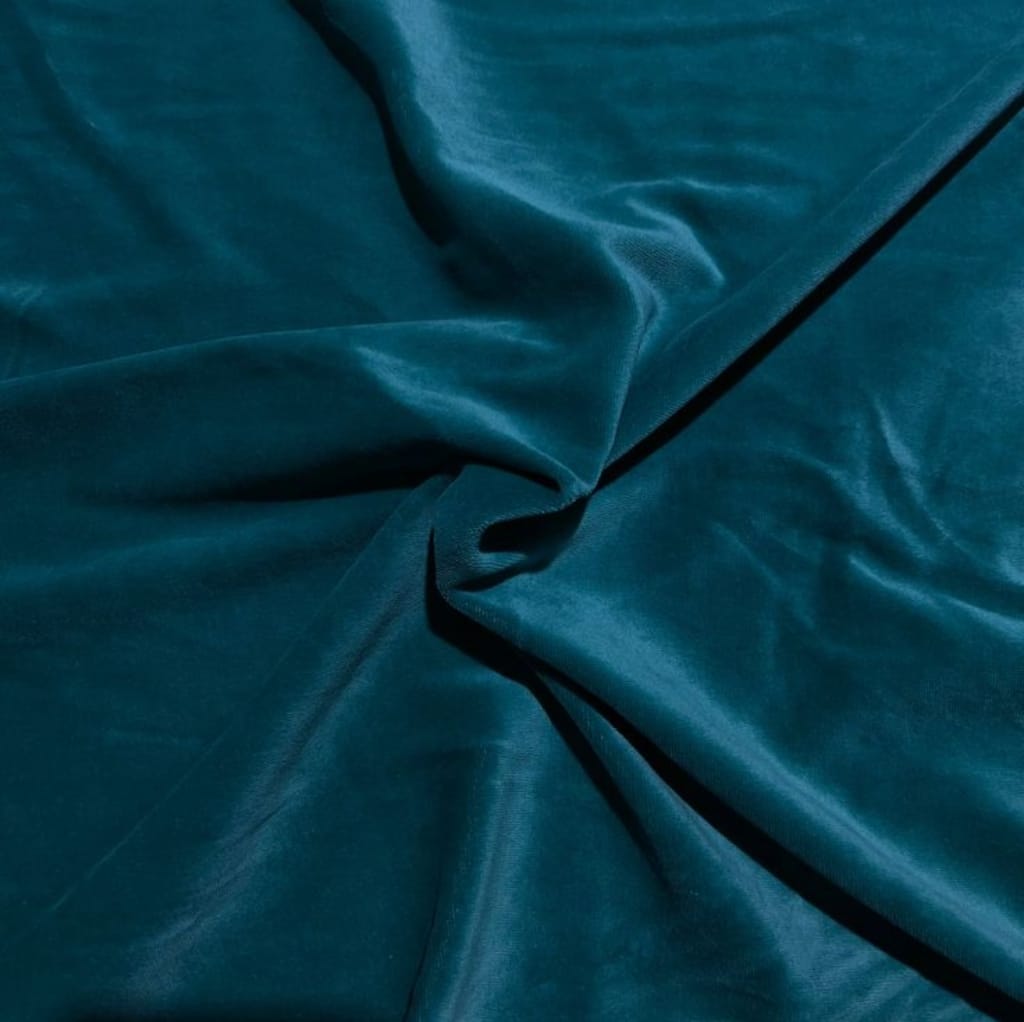
Bedroom Bliss: Why Velour Fabric Works Here Too
Your bedroom should be a soothing hideaway. Every item there ought to calm the mind. Velour brings that warmth yet Best Cotton dresses the space in quiet luxury. Bed throws, headboards, and cushions all welcome its soft touch.
Picture waking up to gentle sunlight gliding over a velour headboard. It does not just look rich; it brushes lightly against the cheek. That tender feel is why many people trade hard, chill surfaces for velour around their beds.
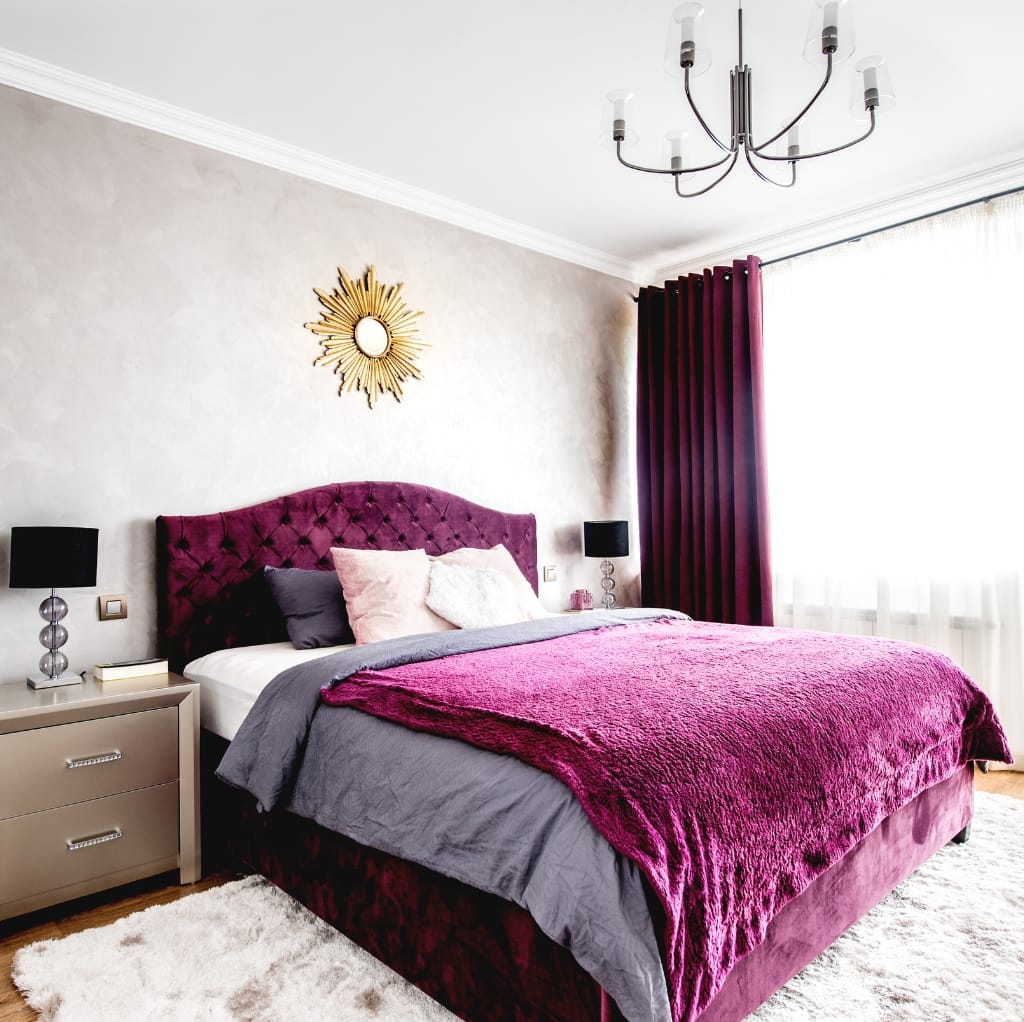
Curtains That Command Attention Without Overpowering
Velour drapes somehow take charge of a room. They pool gracefully at the floor, never clumping awkwardly. Because of their mass, they block drafts and soften sound. The heft also lets them hang in flawless, tailored pleats.
Still, for all that presence, the cloth remains gentle to the hand. It does not roar; it murmurs sophistication. That rare equilibrium is precisely why upscale hotels and luxury residences choose velour curtains.
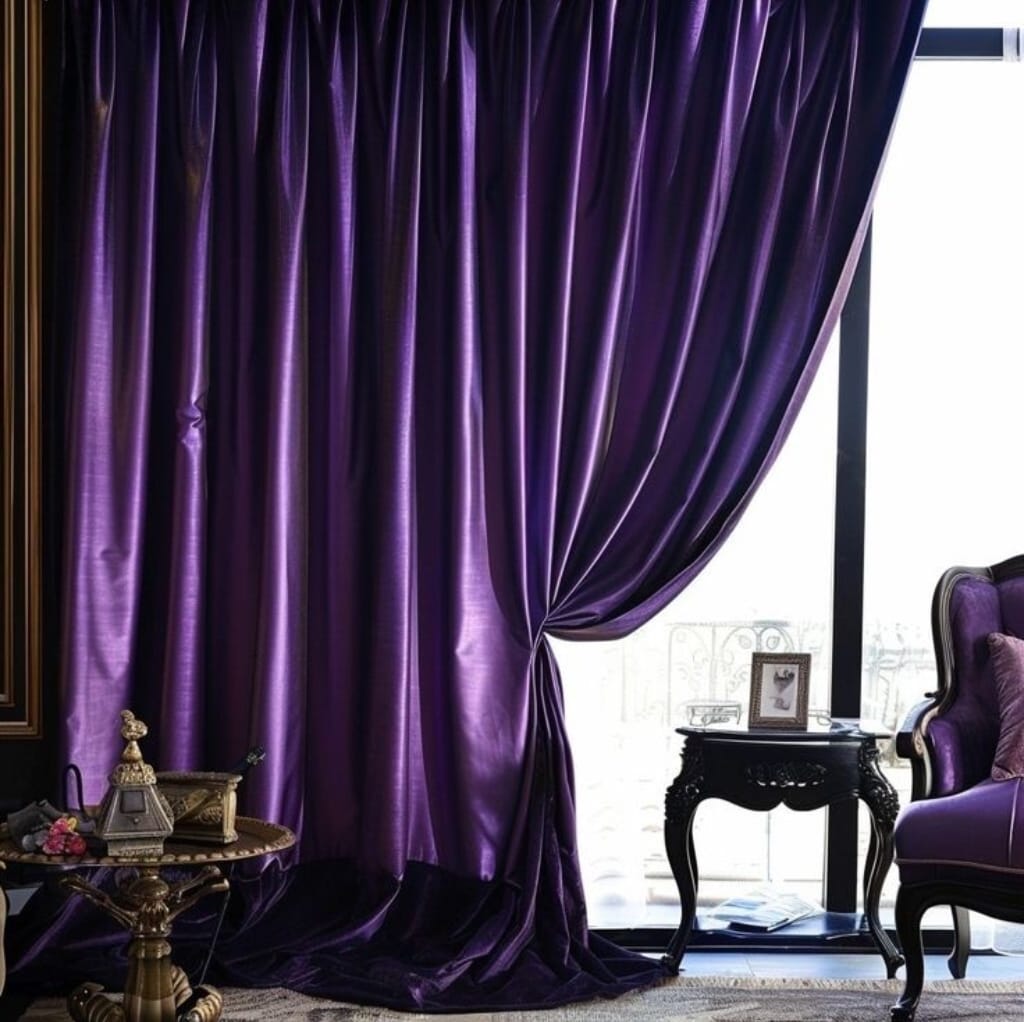
Durability of Velour: Built to Last in Everyday Life
One of the most reassuring traits of velour is its quiet toughness. On first touch the surface seems soft and almost fragile. Yet underneath that plush nap, resilient fibers give it surprising strength. Pets, toddlers, lively guests-all leave fewer marks than you expect. It shrugs off pilling and fraying better than many other fabrics.
With simple brushing and occasional cleaning, velour stays fresh for years. Durability like that pairs every bit of beauty with real value. So choosing velour is, quite literally, a long-term decision.
How Velour Fabric Enhances Color Palettes in the Home
Velour does not merely hold dye; it transforms it. The deep pile catches and scatters light across every angle. As a result, shadows and glints emerge even within a single tone. A navy chair, for example, may appear nearly black in one corner and royal blue in another.
This shifting quality adds an immediate sense of depth to any room. It suits owners who appreciate quiet drama in their color scheme.
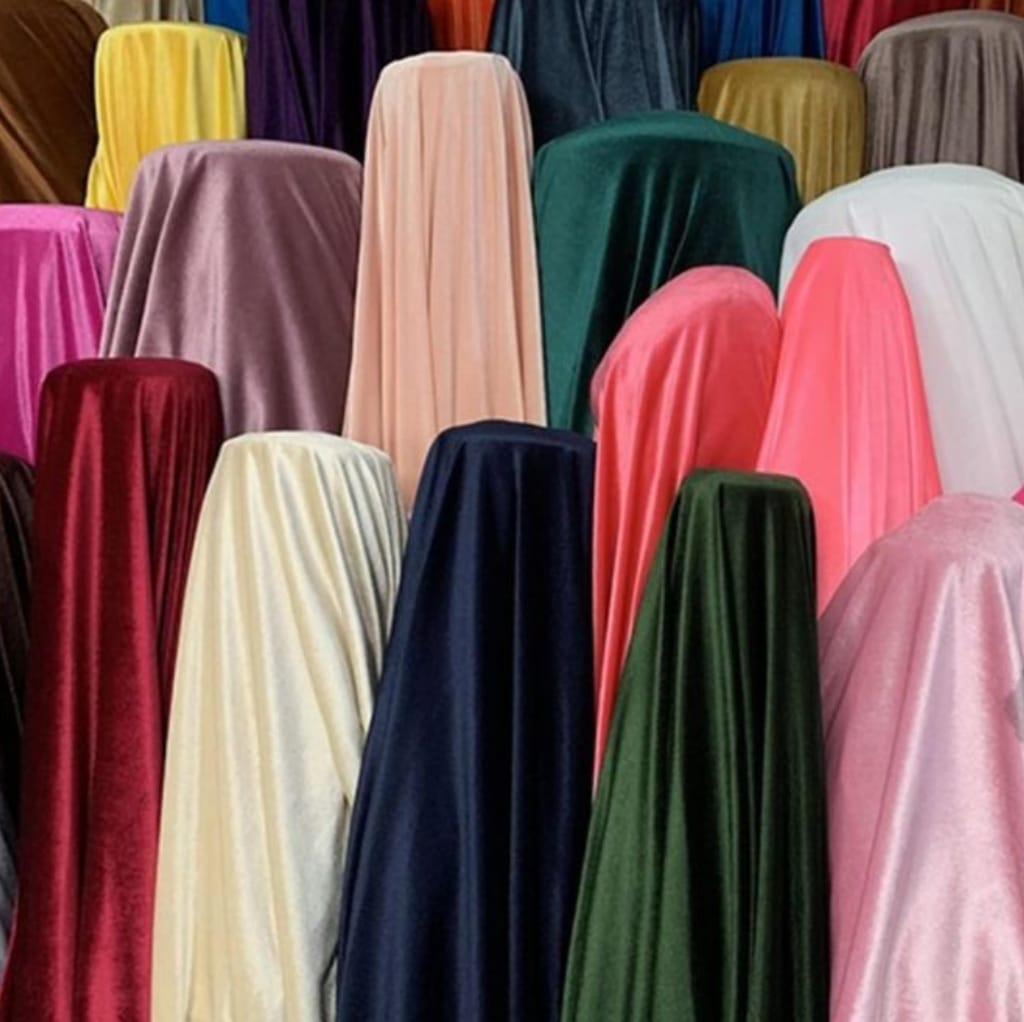
Why Velour Fabric Appeals to All Design Styles
Whether a space leans sleekly modern or warmly vintage, velour steps right in. In contemporary settings it offers soft, textural counterpoint to harder lines. In traditional rooms, meanwhile, it deepens the air of refinement. It can shout with vivid shade or whisper in pastel calm.
Mid-century seats, Art Deco lounges, minimalist cushions-all gain presence in velour. Such flexibility explains its unbroken popularity among interior designers.
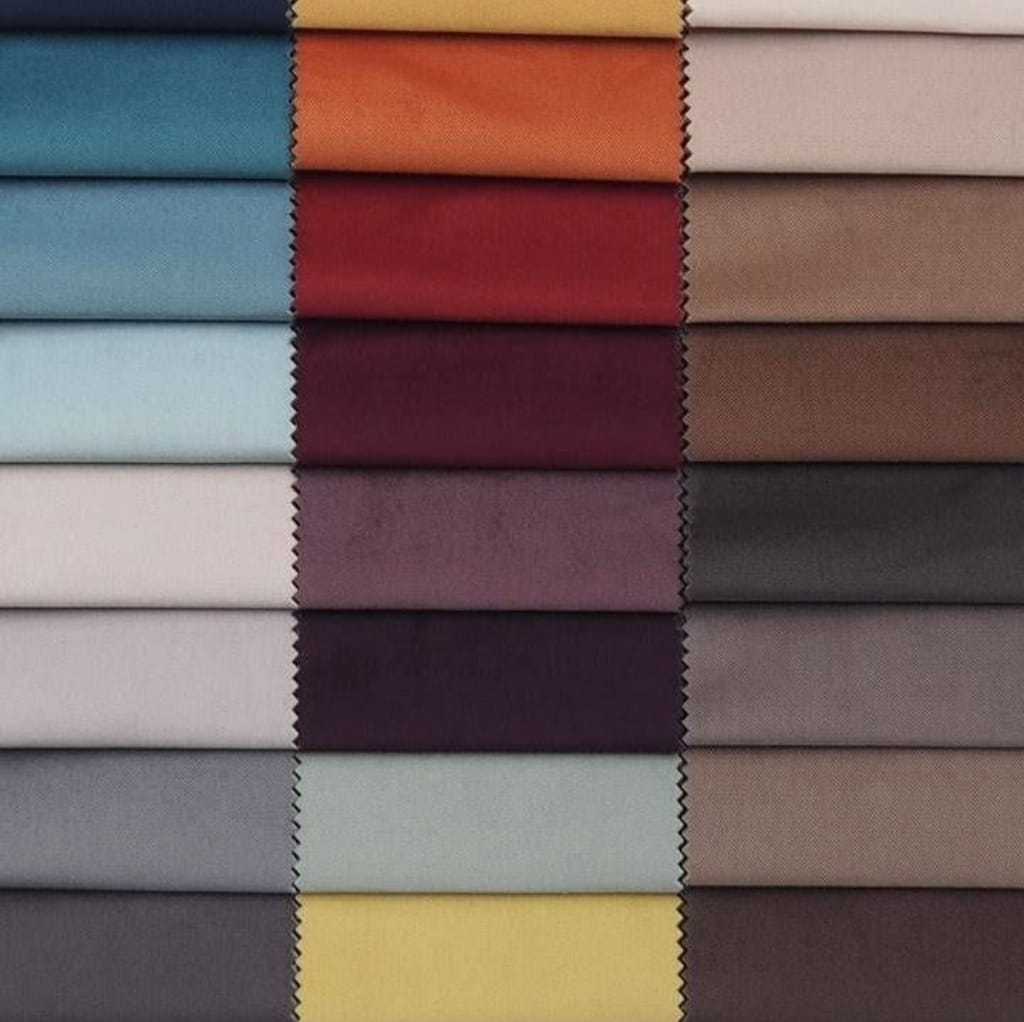
Velour vs. Velvet: Sorting Out the Differences
Once more, lets draw a side-by-side comparison of velour and velvet. Velvet certainly carries a sense of luxury-but the cloth is stiffer. Its pile holds shape less readily, and the price tag is usually high. Velour, by contrast, feels relaxed. Its surface is warm and supple. The fabric stretches ever so slightly. It adapts to life instead of standing aloof.
So why choose velour over velvet fabric? Velour offers that touch of opulence without demanding extra effort. It shrugs off mud, air-dries quickly, and accepts low-temperature machine cycles. In homes shared by hairy pets or lively children, those qualities matter.
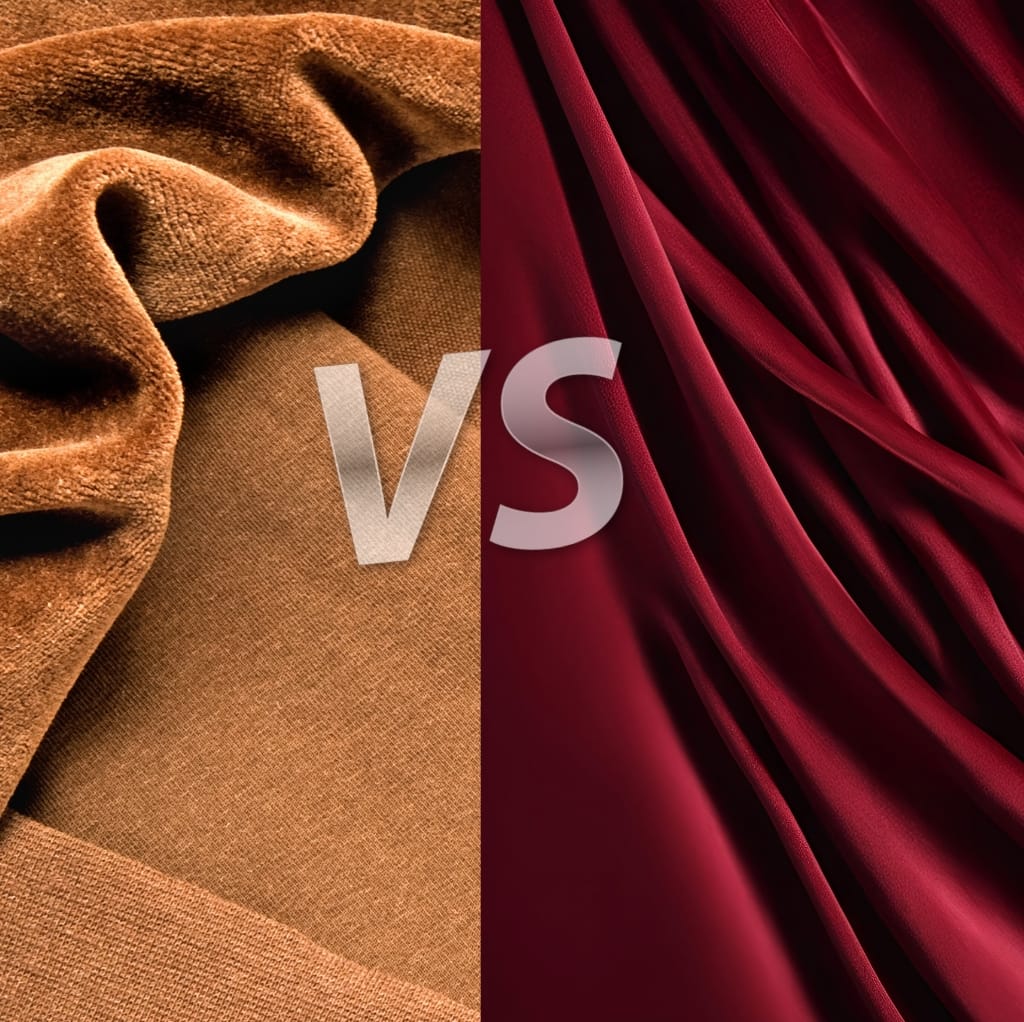
Easy Maintenance for Everyday Living
Caring for velour is a surprisingly simple routine. A light pass with the vacuum removes dust in seconds. A soft brush sweeps the pile back into neat lines. Most velour throw pieces-such as pillow covers-excel in the wash.
What about spots? Even those tiny crises can be handled calmly. Dab the area, use mild soap, and follow with a damp cloth. Regular attention keeps your velour looking fresh for years.
Conclusion
Velour is more than just material; it is an inviting touch that transforms a room. drapes or chairs. It introduces richness, softness, warmth, and elegance. Any and every space. That simple attribute is, perhaps, a quiet designers secret for creating liveable style. Try it once, and replacing it everywhere else becomes tempting. Read more: Types of fuzzy fabric
FAQs
Yes. Choose durable velour blends and keep up with light maintenance. It resists scratches better than you might think.
Yes. Most velour items can be spot-cleaned or gently washed. Always check care labels first.
It depends. Basic velour is very affordable. High-end versions cost more but still less than silk or velvet.

